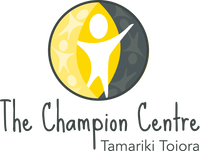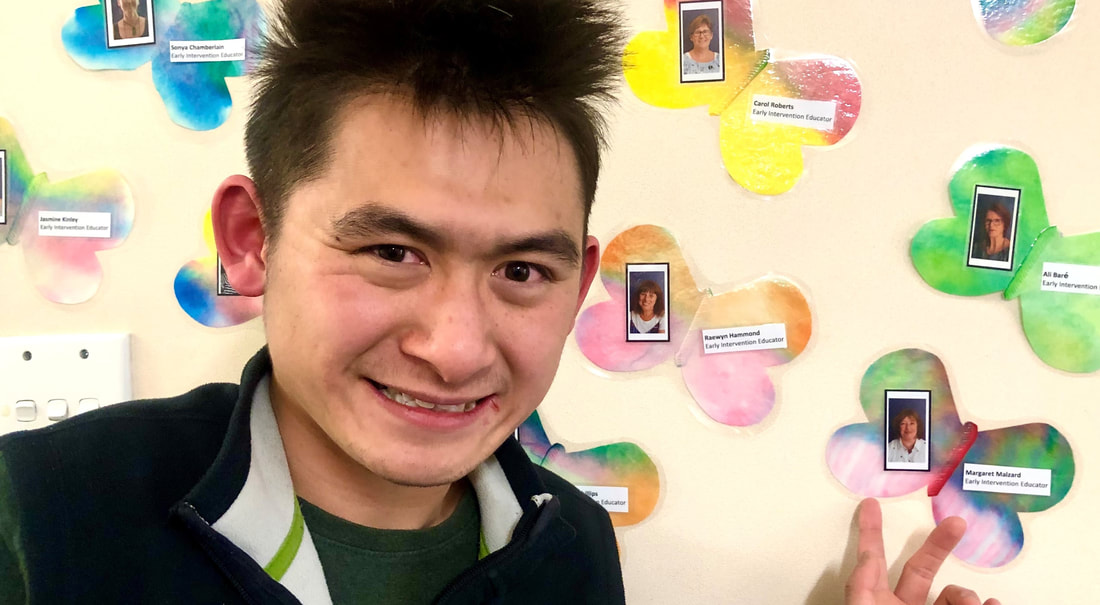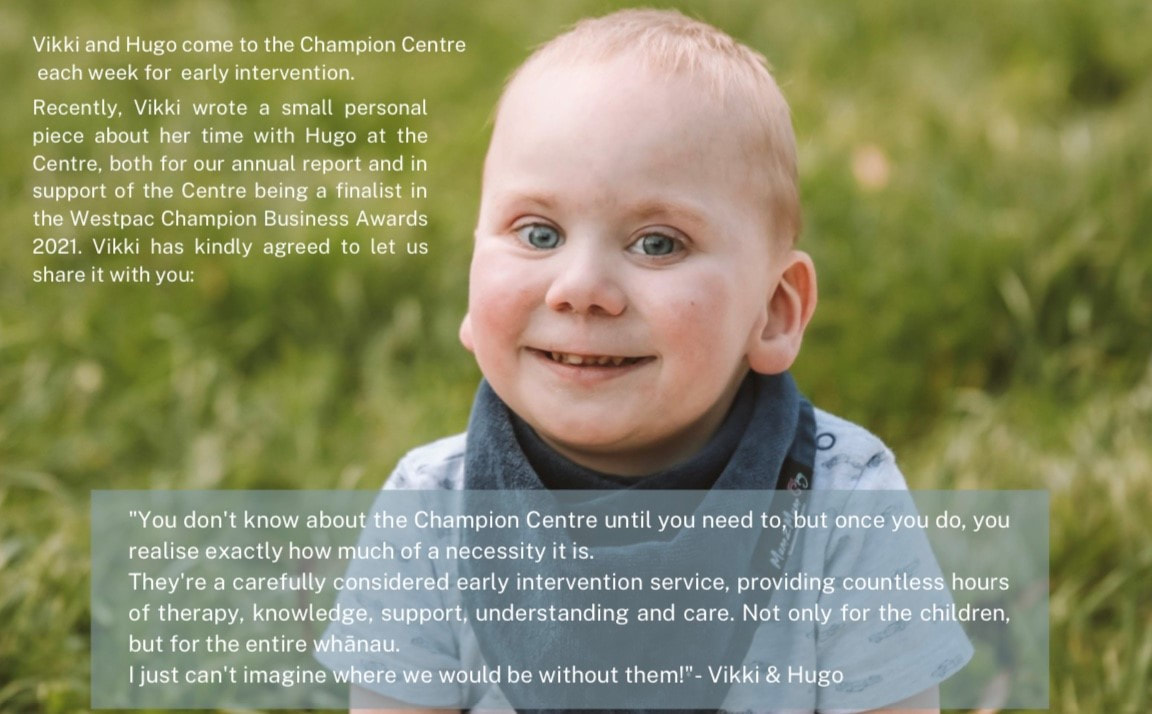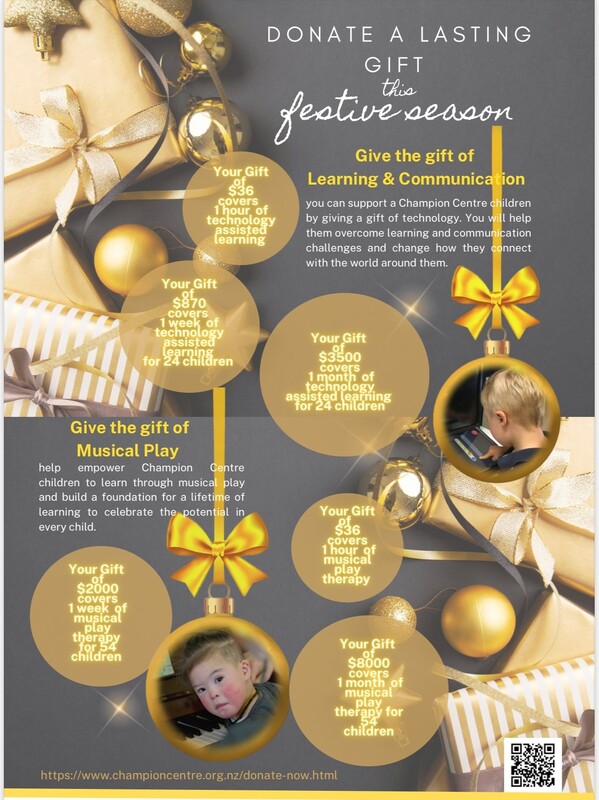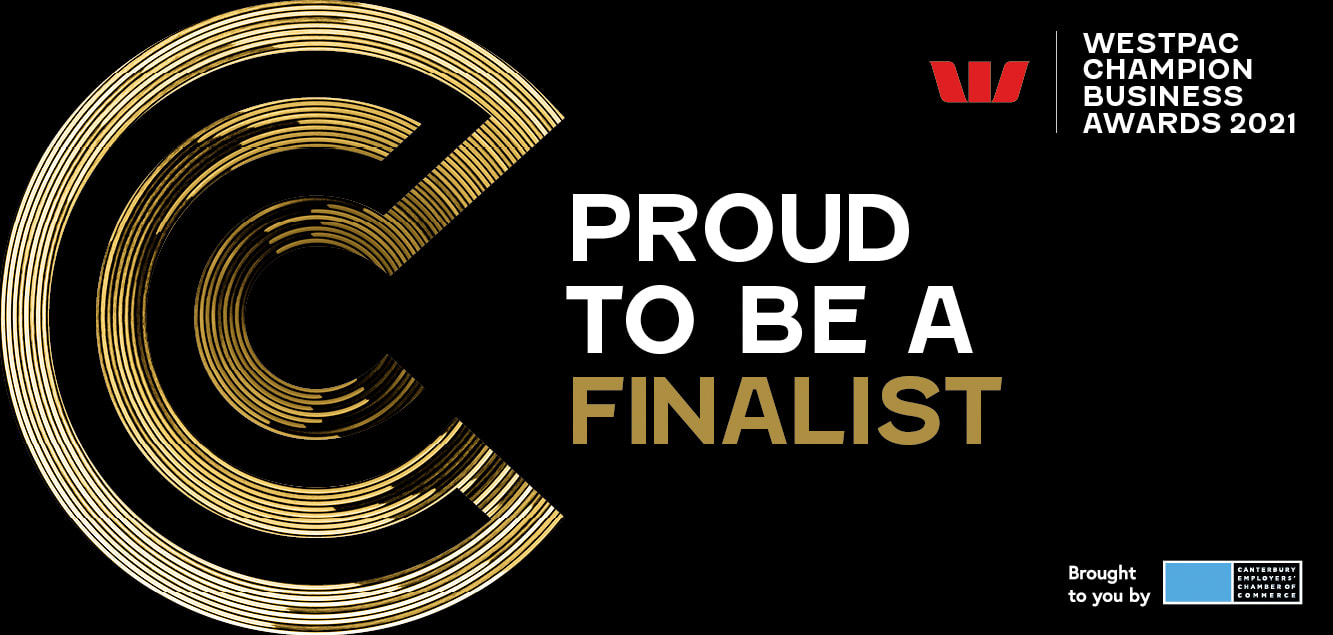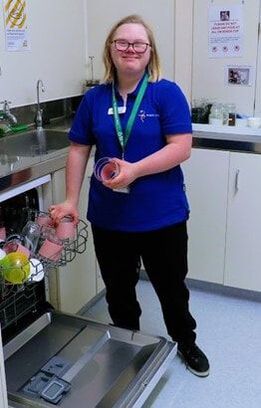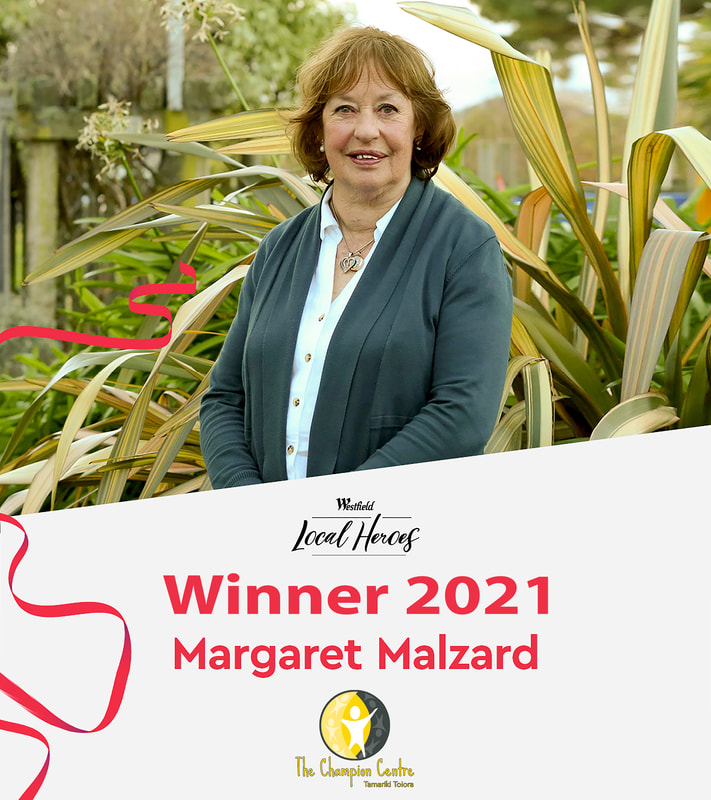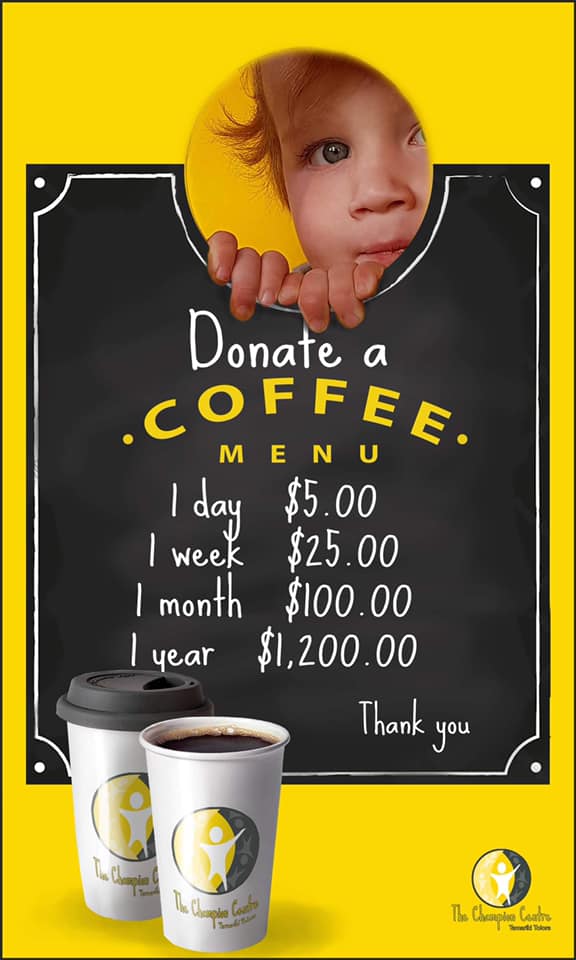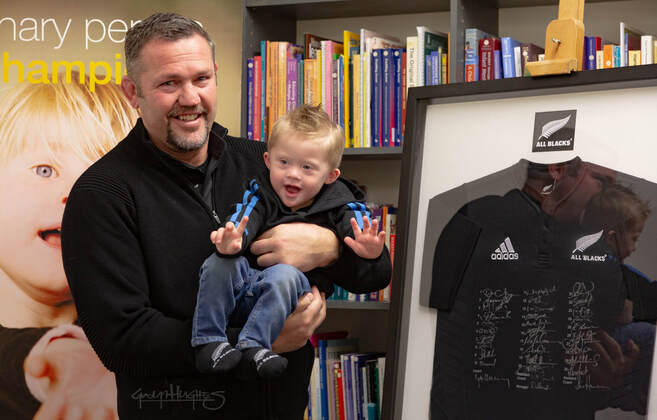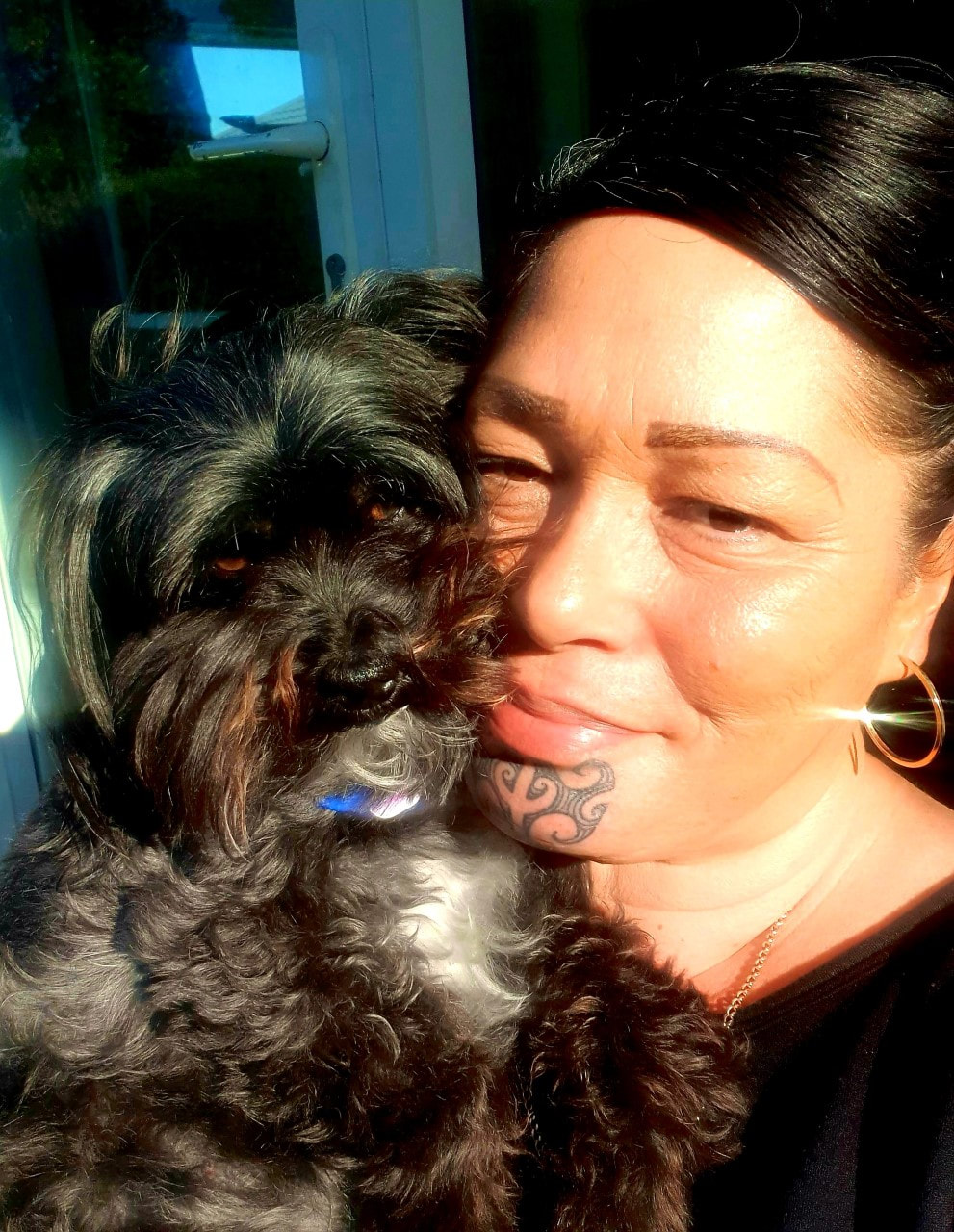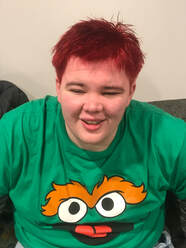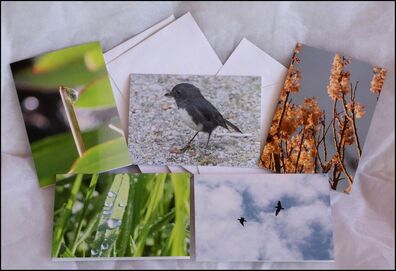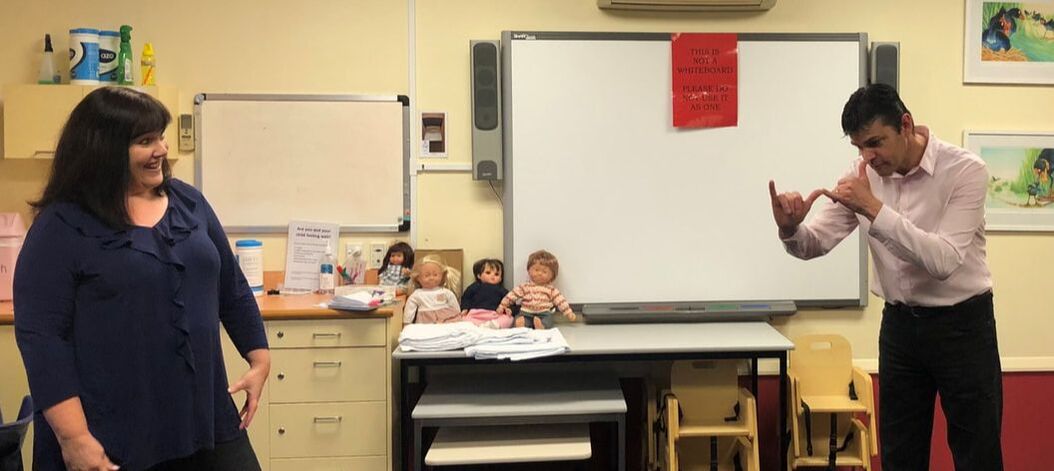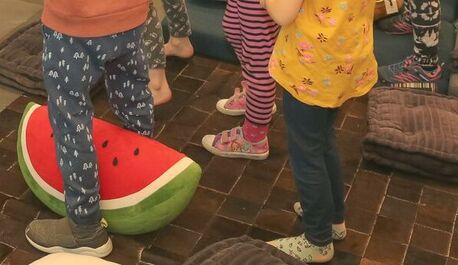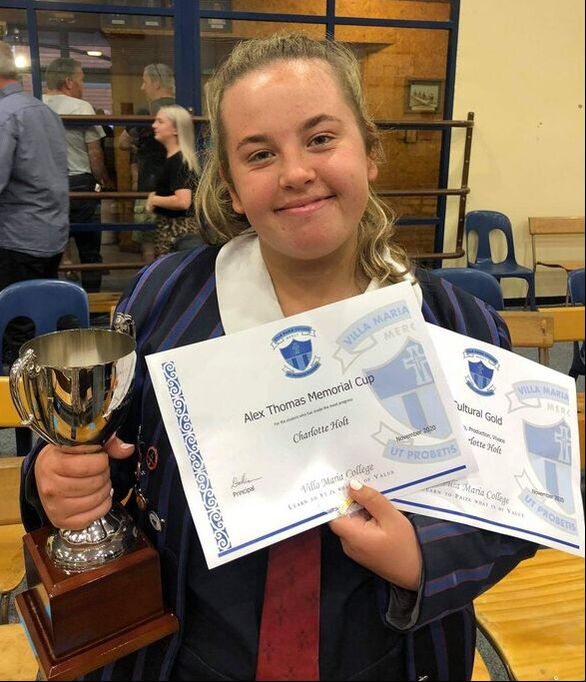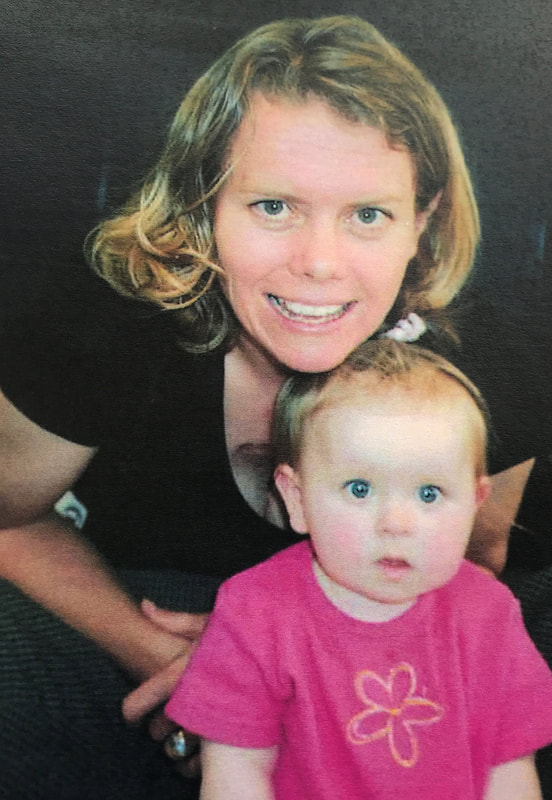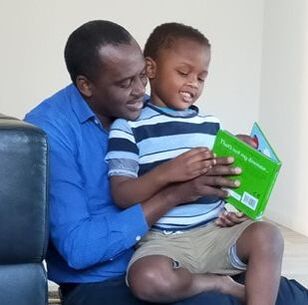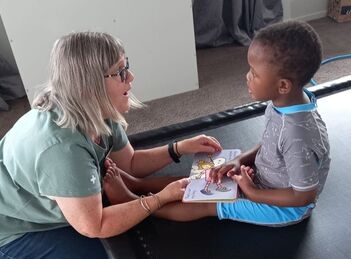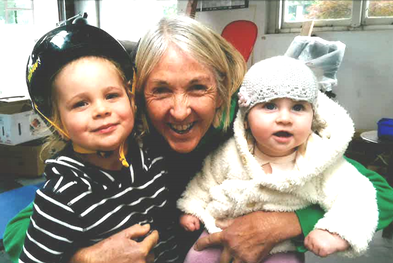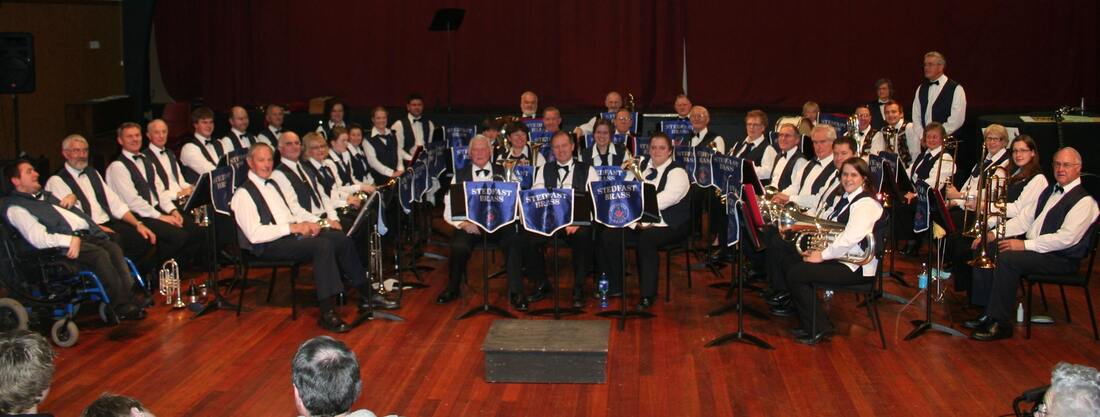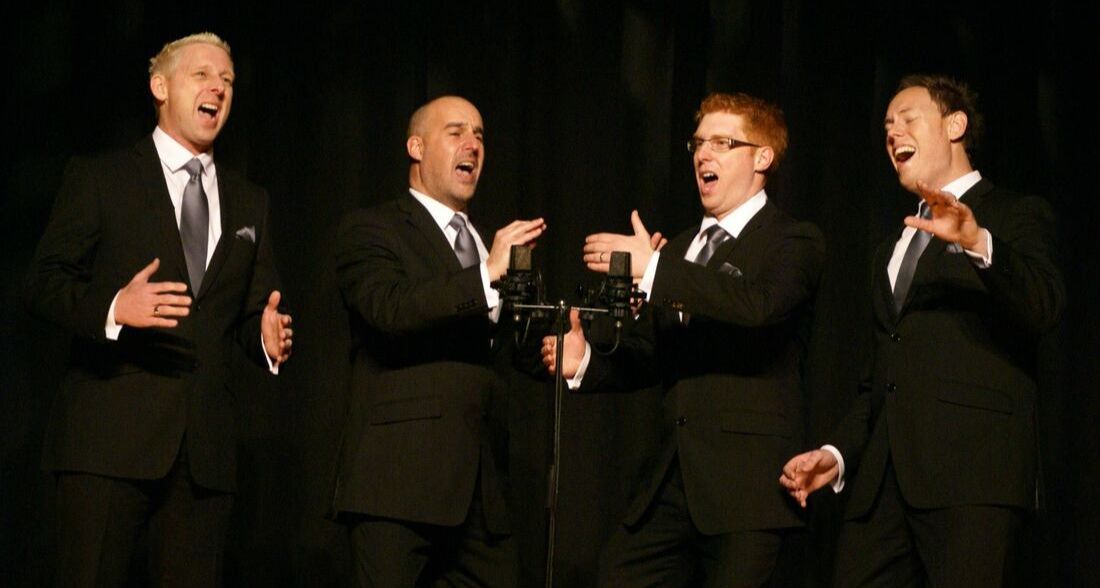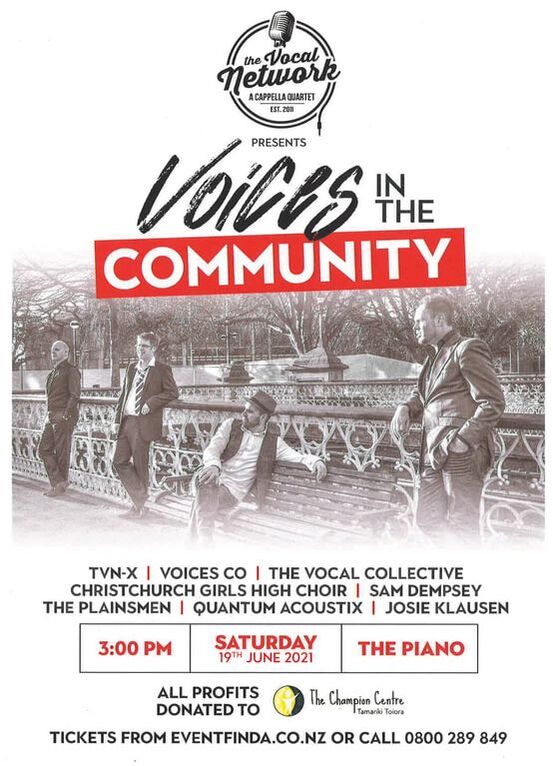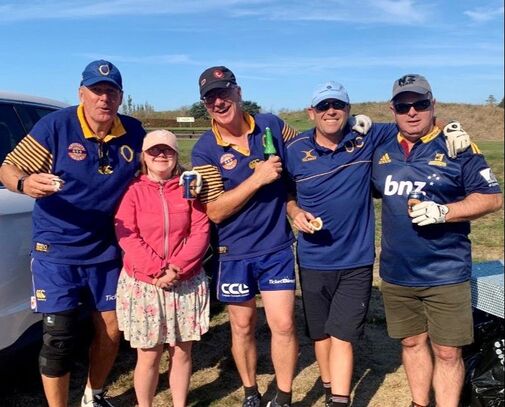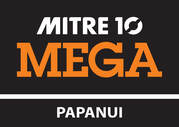|
'The most important thing is hope', an impactful statement, as we settled down for a chat with Champion Centre graduate, Clement and his mother, Susanna. A huge reminder of the privilege to walk alongside our young champions and their families.
Susanna recently updated her contact details after receiving our 'Connect' newsletter, so we jumped at the chance to invite her and Clement for a visit, and thank them in person for their generous donation. Now 25 years old, a few years have passed since he last attended the Centre, and the beam on Clement's face as he arrived, said it all! When Susanna toured the building, it evoked powerful and heart-warming memories of their time here. Clement was also excited, when he checked our 'Whānau Tree,' finding some of his original team are still with us. "Margaret," he announced, pointing to her photo. Clearly, she hasn't changed a bit! The journey for Clement and his parents began with a difficult birth, and a possible diagnosis of Global Developmental Delay, which in turn, led to a referral to the Champion Centre, at 15 months old. As new parents, this path was filled with confusion, bewilderment, and a fear of what things may look like for Clement, tomorrow, and into the future. But from Day 1 at the Centre, Susanna's family was met with reassurance, compassion, and a willingness to do whatever they could. Not much has changed here over the years. Susanna is emotional, as she recalls a team of dedicated professionals, she was extremely grateful for. "They were all phenomenal!" she exclaims. "Clement just loved his music sessions with Julie Wylie, and really liked the computer work with Hilary. Then there was tactile play with Margi, and speech with Jan, and Jackie, she was so gentle and kind–he loved it all." As a few tears well up, Clement's mum tells us his weekly early intervention routine was "one anchor we came to rely on." She remembers back to those early days, "through the encouragement of the team, we learned what to do, and then we built on that, one day at a time." From the first weeks and through the coming years, the family connected with other Centre parents and were often humbled by the friendship and positivity that completely enveloped them. They were parents, uplifting each other, and they 'clicked.' We spoke of the 'Transition to School' programme and, at 6 years of age, our part in Clement's journey coming to an end. With a few more happy tears, Susanna spoke fondly of the attachment formed with staff, parents, and children, alike. "At the Centre we felt we belonged; it was a protected environment. The thought of leaving all that behind was like sitting at the end of a springboard ready to leap into the unknown." "We will be forever grateful to everyone; Margaret, who made the leap so much easier, and Jan who fought tirelessly to secure funding for teacher aide hours. We were fortunate we felt such love, acceptance, and inclusivity, moving from one organisation to another." From those first years, fuelled by 'hope', Clement's mum proudly fills in the gap since he graduated from the Centre. Cathedral Grammar, Canterbury Christian College and Middleton Grange School take Clement to age 21, and from there he is now involved in a variety of daily activities at A J Day Options Trust. Alongside some fun day trips, and learning some useful life skills, Clement works at the Trust, and highlights the chance to stop for 'coffee and biscuits,' which is obviously a bit of a treat! It's a full-on household, with Susanna working full-time, as a Teacher Aide at Christ's College, Dad, Dong, running his iconic city food outlet; and Clement's younger brother, who's busy studying Law and Criminal Justice. Clement is keen to chat to us about how things are going and it's just terrific to see him expressing such fond memories, as he checks out the music room. Before promising to come and visit us again, Susanna states, emphatically, "More people need to know about this beautiful place." And we couldn't agree more! Technology Assisted Learning (TAL) helps to improve the capabilities of many children with disabilities and developmental challenges. Our small team of specialists tailor technology tools to develop programmes to meet individual needs and interests. Our Technology Assisted Learning programme has demonstrated efficacy in increasing a child's self reliance and sense of independence, which helps to alleviate barriers to communication and learning. This vital and successful programme attracts no government funding support and is delivered each year through the generosity of our community. You can help us to provide our Technology Assisted Learning programme. through your donation. Fraser's story illustrates how one of our Champion Centre graduates was first introduced to the Technology Assisted Learning programme, and the significant impact it had. Fraser's StoryNo one was entirely sure what 4 yr old Fraser could see and hear. They knew there was nothing structurally wrong with his eyes, but he did not seem to be using them to discover and learn about his world, and because his disability meant he could not tell others what he understood they had to be detectives to work out how to connect with Fraser and encourage him to engage with the world around him.
When Fraser first started in the Technology Assisted Learning programme, one thing the team did know was that he loved to watch a video called 'Hooray for Fish' on his iPad at home. So the team decided to use this to try to enter Fraser's world. They downloaded the video, cut it up into segments and put each segment into a different PowerPoint slide. Then they set up the transitions into the slide show so that Fraser would have to touch the screen to make the next slide come up. He watched the first part of the video as usual, with avid attention, but then it stopped! He showed his surprise, then his mother gently took his hand and touched it to the screen, so the video started again. After a few goes, he 'got it'. He could make the next section of the video come up by touching the screen. He learned the beginnings of cause and effect. A huge positive milestone for Fraser! From there, Fraser moved on to using other programmes with clear moving figures on a black background. He learned how to touch a screen that was empty in order to make a picture he liked appear, and increase his ability to track images that move across the screen. he then began to follow the pictures in a book his mother read to him. Over time, Fraser's team and family learned more and more about what he could process and how to extend his abilities. Little by little, Fraser learned that his eyes gave him the information he wanted and actively began to seek out information on the computer, either by touching the screen or pressing a large switch that is the first step towards using a computer mouse.
The Champion Centre is elated to be selected as a finalist in this year’s Westpac Champion Business Awards.
It is an honour to be recognised among our peers in ‘The Press Champion Community Impact Award’, and to celebrate our mahi with the best of the Waitaha Canterbury business community. We are proud to showcase and highlight the achievements of our people, as we continue championing our whānau to ‘realise every child’s potential’. We are looking forward to joining Canterbury's best at the awards ceremony on 24 November. Our thanks to everyone who’s helped make us a success story, and enabled Canterbury’s young champions to thrive, for more than 43 years. Bella Lammers attended The Champion Centre as a baby and pre-schooler almost two decades ago. In July she returned to the Centre as part of a one-year internship programme. Project SEARCH is designed to give high school leavers with learning disabilities the work experience and skills they need to enter the workforce. Bella joined us for a 10-week internship where she very quickly became a valuable member of the team. A number of long-serving staff remember Bella as a little girl when she came to the Champion Centre each week. This year, Bella was back as a colleague. Her tasks included setting up and clearing away morning tea trollies, stacking and unstacking the dishwasher, cleaning equipment and toys from the playroom, as well as sorting out the linen. Bella quickly learned the tasks required and carried them out with aplomb, freeing up time for other staff members to focus more on their roles.
It's a thoughtful process, always with the best possible outcomes for the child at its core and can't be achieved without embracing the new teachers as a vital part of the progression, and supporting them to read the cues and continue to realise the potential in every child. They play a pivotal role which enables a child and their family to take the next step in their education journey, with trust, hope, and confidence.
When all is said and done, Margaret and her team perform the 'finale', in our Champion children's intervention and transition to school. They are the end that leads to the brightest of beginnings. Congratulations and thank-you Margaret for all you do!
LUNA THE THERAPY DOGGolden Retriever, Luna the therapy dog is now a regular member in one of our Tuesday programmes at the Champion Centre. She is proving to be very popular with children, caregivers and staff.
Luna's owner/trainer, Martina, is a speech and language therapy student. When she approached the Centre to see if we were interested in having Luna join one of our programmes we were very excited. After checking with all families we said a big 'yes'! Luna is currently training with the KURI dog training centre. Luna plays an important role in sessions. She can be a calming presence, as well as helping to motivate children in their activities. She's also a lot of fun.
Liz Townshend works as a Communication Facilitator at the Champion Centre. With her husband James, she recently ran Sign Language sessions for caregivers, early childhood and Champion Centre staff. These packed sessions were both interactive and practical; geared towards beginner and intermediate learners. James and Liz discussed how to include features of Sign Language into songs and books as well as how to integrate visual communication into everyday interactions. Feedback from the sessions has been fantastic, and Liz and James were delighted to have such enthusiastic participants! James' first language is New Zealand Sign Language (NZSL) and he is well-respected in the field of Deaf Education. Liz and James have raised their daughter with Down syndrome in both English and NZSL.
Learning to understand the world is a process of steps. Often we aren’t aware of what those steps are because they unfold without much thinking or attention. We must be aware of our bodies, our sensations, and the coordination of ourselves in space and with others. We must become aware of our family and caregivers and find a way to communicate and connect. And with each of these steps we must find a way to stay regulated – emotionally steady and at ease – so that we can take in, process and feed back the information that is present.
Music and movement can provide a way to achieve the regulation necessary to open up to the world. For one child in our session, stomping with movement and music is currently an important pathway to finding her way from overwhelm to calm. With stomping comes vibration, effortful control, expression, patterning, sound, rhythm, predictability, body coordination, and a whole-system integration. With stomping comes relief and the freedom to now give her focus to other things, other people, and other ways of engaging and interacting. This does not mean that stomping will always be necessary. Instead, it is a bridge and a learning as her body and brain find ways to create pathways of growth. It is also good fun, a form of play, and something that her peers and all the rest of us can join in with. Stomping and moving together to music that day in programme was about so many things. It was an experience of connection and relationship where we all joined together and got to know each other better. It was a scaffolding of neurodevelopment, physical integration, and emotional awareness. It was the coordination of expertise from the music specialist, the play specialist, the early intervention teacher, the speech therapist and the parent to find a small piece of child-led intervention and support. And it was an expression of what the child has told us about who she is, what she needs, and what her next steps are for ongoing development. Sometimes what happens in a session looks like simple child’s play. And it is! The world of child’s play is also a world of comprehensive planning, attunement, responsiveness, awareness and integration of intervention.
‘My husband Gav and I are looking at doing some great Kiwi walks and camping under the stars. I’m looking forward to spending time with my whānau and friends and Covid willing, some overseas travel.’
Marie retired from her role in mid-April. We wish her all the very best for the next stage of her journey.
MANY THANKS TO...
The Champion Centre team of specialists offer children the best possible start to their lives to be able to reach their full potential. The total funding the centre receives from Government falls $7 000 short for each child at the centre. This $700 000 shortfall relies on fundraising and donations. Call Karon Storr on 03 383 6867 to discuss ways to give. |
- Home
-
What We Do
- Our Services
-
Our Programmes
>
- Monitoring Programme
- Family Support
- Speech and Language Therapy
- Early Intervention Teaching
- Physiotherapy & Occupational Therapy
- Musical Play Therapy
- Feeding experiences programme
- Relating and Communicating Programme
- Technology Assisted Learning
- Learning through Play
- Transition to School
- Early Intervention Educators
- LEGO-Based Therapy
- Advocacy
- Who We Are
- WAYS TO HELP
- Our News
- RESOURCES
- SHOP
- Contact

|
The Champion Centre is administered by the Christchurch Early Intervention Trust, and is registered with the Charities Commission (CC22708). Gifts of over $5 are eligible for tax rebates. © 2019 The Champion Centre
|
